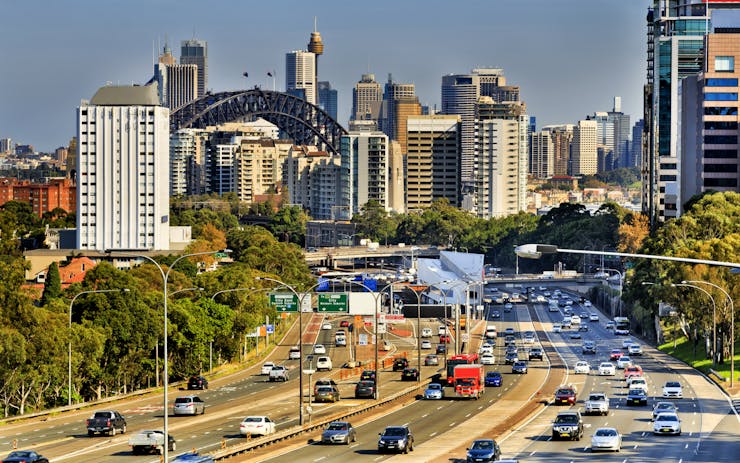After Australia’s federal government unexpectedly enacted laws to allow limited access to medical cannabis, regulators and other officials have been scrambling to keep up.
The Office of Drug Control, which was set up to oversee medical cannabis, created onerous and expensive security requirements for growing it. State governments, under pressure from patient advocacy groups, and recognizing the commercial advantages of a cannabis industry, have now started to revise their approach to cannabis laws. But there is still a gap in the legislative framework: driving while using medical cannabis.
In the state of South Australia, where parliament is debating new laws to increase penalties for driving while under the influence of alcohol and other drugs, Police Minister Peter Malinauskas confirmed that roadside drug tests will screen for THC, adding that the responsibility is on patients to “ensure that the THC is no longer present in their system prior to driving.”
“The offence applies regardless of the source of the THC, or the reason that the cannabis or cannabis products that contain the THC may have been consumed or used.”
Given how long THC can be detectable saliva, blood, or urine, that could mean waiting days or even weeks before driving—long after the drug’s impairing effects have faded. The major problem with this approach to medical cannabis is that it doesn’t take into consideration patient-specific dosages, individual variation, or actual impairment of drivers. Malinauskas’ office did not immediately respond to a request for comment
Other Australian states appear to be adopting a similarly severe stance. Alistair Adams-Smith, senior public affairs adviser on road safety for the New South Wales state government, told Leafly that “Under the Road Transport Act 2013, it is illegal to drive with delta-9-tetrahydrocannabinol specifically, also known as THC, present in saliva, blood or urine.”
“The offence applies regardless of the source of the THC, or the reason that the cannabis or cannabis products that contain the THC may have been consumed or used,” Adams-Smith added. He was clear that other cannabinoids, such as CBD, aren’t a concern, and confirmed that when it comes to detecting THC, there can be significant variation in how long it remains in a patient’s system.
“Detection timeframes for a roadside [mobile drug testing] saliva test depend on the drug or drugs taken, the dosage, and the potency of the drug,” he said. “Individuals vary, and heavy or excessive drug use, or use in combination with other drugs may extend the effects.”
In Canada, where approximately 170,000 people are legally authorized to use medicinal cannabis, the Parliament is considering a new law to address driving under the influence of cannabis. A new report from Canadian advocacy group Canadians for Fair Access to Medical Marijuana suggests that the country is at risk of getting it wrong by conflating medical cannabis use with nonmedical adult use and losing sight of the most important factor: actual impairment.
“Patients who use cannabis responsibly and are not impaired should still be able to drive without risk or fear of being charge,” said Jonathan Zaid, executive director of CFAMM. “While a strict precautionary approach may be appropriate in light of limited evidence, policymakers have a responsibility to both safeguard road safety and balance the rights of medical cannabis patients to ensure they are not unfairly criminalized by drugged driving laws that do not target impairment.”
In the United States, where more and more states are legalizing cannabis, one study suggested that the effect on road safety could actually be positive, with an average reduction in road deaths of 11%. A competing study, however, suggests that nonlethal car accidents have risen slightly.





